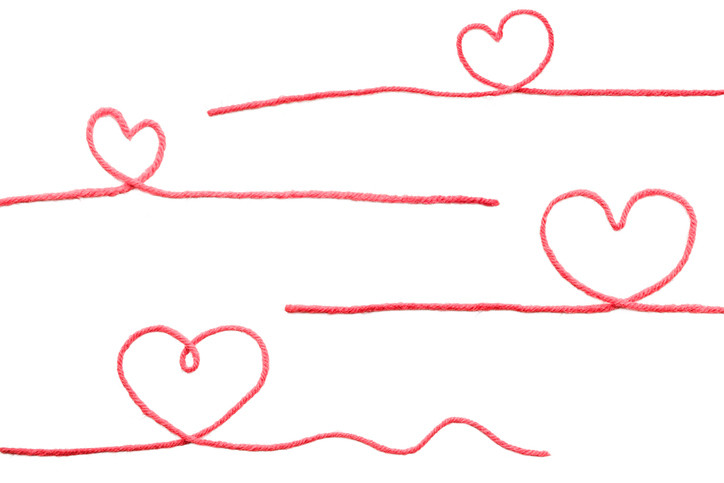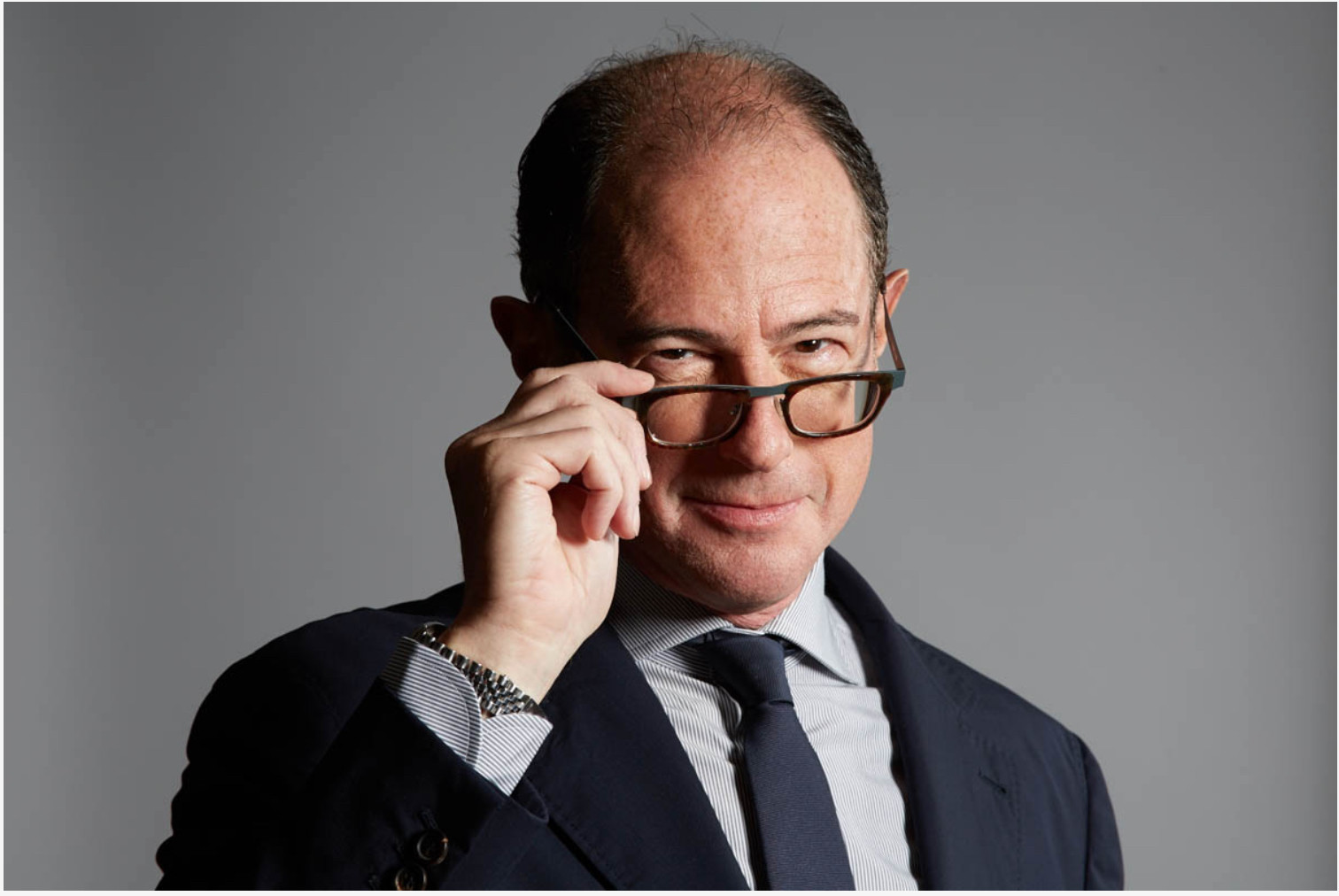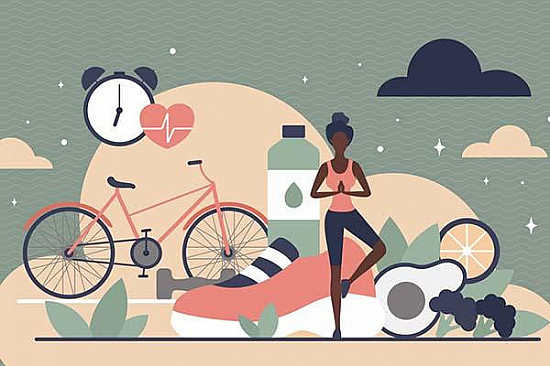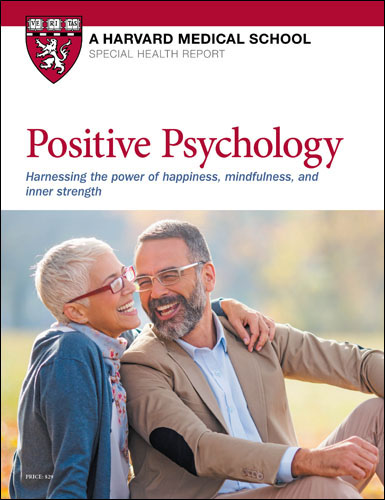How to not practice emotional distancing during social distancing

We’re living in strange times. As we grapple with new and dismaying terms — flattening the curve, social distancing — let me ask a rhetorical question. When you’re “with yourself” do you feel alone? I do sometimes. And then I try to remember three things: the differences between being alone and being lonely, the deep ties that bind us, and the connection I feel when practicing kindness or gratitude.
Being alone versus being lonely
Take a moment to consider these questions:
- What might time alone offer? Is there something about being alone that you fear? Because being by yourself really offers an opportunity for experiencing a rich array of thoughts and feelings: the reliving of shared experiences. You can easily remember the places you’ve been, the people you’ve been with, the feelings you experienced together — all the highs and the lows. Whether we’re together physically or virtually, in these trying times when we do need to practice social distancing, we should avoid unintentionally practicing emotional distancing. We can practice being emotionally connected when we’re alone.
- Whom do I deeply care about? Think about this. Whom do you care about in addition to your own precious self? Take a moment to feel the connection that you share with each significant other or others. If we’re fortunate, we have many people that we care about in our lives. Perhaps someone we live with and have made a long-term commitment to, perhaps current friends, perhaps old friends we’re not as frequently in touch with, perhaps neighbors or acquaintances — hopefully, all of the above. I care about some people whom I have only just met. And remembering all of that offsets loneliness.
It’s a little counterintuitive that there’s really no need to feel lonely when you’re alone. Yet as I hope you can see, we’re really not. Being able to reminisce and actively participate in feeling the strength of existing connections is a source of significant ongoing strength and stability. As many of us know, this also works with others who have passed on from this life. We can summon the connection that exists with others. These days, when medical and public health guidance instructs us to practice social distancing, please continue to be mindful of our natural abilities to maintain emotional proximity.
Practice kindness and gratitude
Practicing more kindness and having gratitude toward others and toward ourselves is a great way to feel closer, rather than feel farther apart. Most likely, you already know this from life experience. I’d just like to underscore its great value. Ask yourself what would it mean to practice more kindness, to be even more grateful? How have you been able to do so in the past? Now is the time to put all of this and more to good work in our present and immediate future.
Finally, as an added and needed bonus, I recommend this: go outside. Spend time in nature, whether it’s just a walk around the block, hopefully with the sun shining overhead, or out along a path by some trees or a body of water. Enjoy feeling the elements and feeling grounded and present and grateful to be alive. Nature helps.
If we all do this together, each in whatever way works best individually — though of course, not together in any sort of crowded way — we will feel more united. What I am offering here is an attitude and a practice, entirely based in reality, steeped in the good practice of medicine and psychiatry, and informed by practices of spirituality. Be good to your precious self. There is no real need for loneliness. You are not alone.
Follow me on Twitter @JohnSharpMD
For additional blogs and information about the new coronavirus and COVID-19, please see the Harvard Health Publishing Coronavirus Resource Center.
About the Author

John Sharp, MD, Contributor
Disclaimer:
As a service to our readers, Harvard Health Publishing provides access to our library of archived content. Please note the date of last review or update on all articles.
No content on this site, regardless of date, should ever be used as a substitute for direct medical advice from your doctor or other qualified clinician.
















